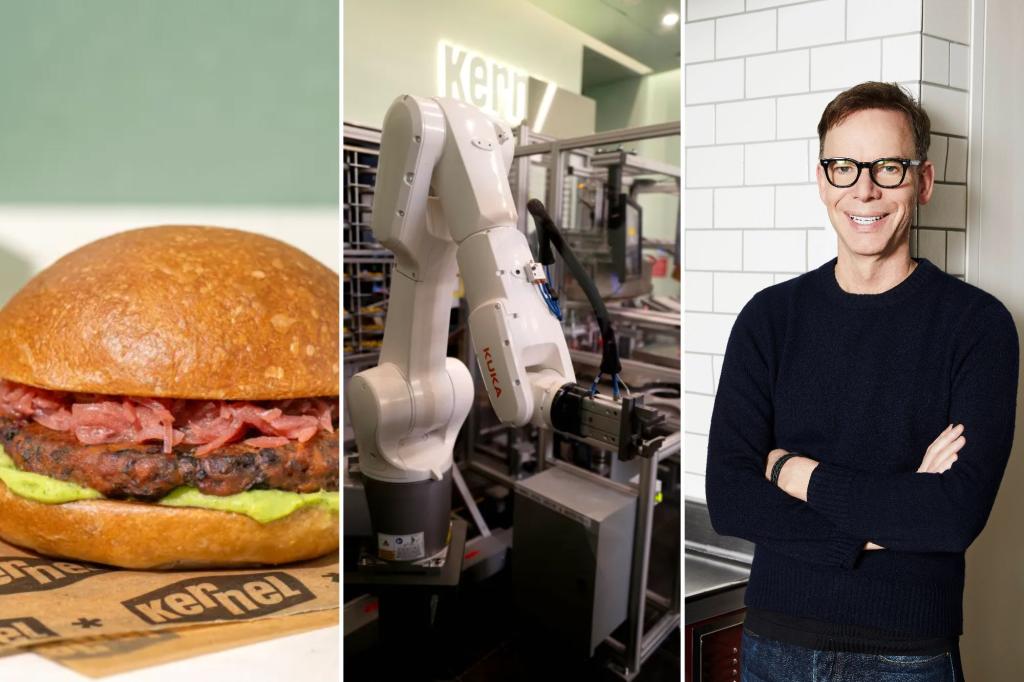Kernel, a vegan restaurant in Manhattan, is employing a robot named “El Capitan” to handle tasks such as food preparation and serving customers. Former Chipotle CEO Steve Ells has invested $36 million in this venture, with the belief that customers and employees want less interaction and better prices. The six-axis robotic arm created by Kuka is capable of reaching more than three feet and lifting 11 pounds, making it essential to the food preparation process at Kernel. Despite the lack of extensive human interaction at the restaurant, employees seem to be content with their roles, as they have not experienced any negative effects on their working environment.
The innovation at Kernel has been met with positive feedback from both employees and customers. An employee at the restaurant, Carlos De La Concha, mentioned that this is the first restaurant job he has had that doesn’t leave him feeling broken or beaten at the end of the day. With the adoption of automated processes, Kernel has been able to maintain zero turnover among its staff, creating a better working environment for its employees. The company’s executives have noted that automation has increased efficiency and improved the sense of agency among employees, creating a positive impact on their overall experience.
Kernel has been operating for a little over a month, with customers enjoying the food and the affordable prices offered by the restaurant. The reduced instances of food waste due to human error have helped keep costs lower. The company plans to open roughly 10 more restaurants in the near future, highlighting the success of this futuristic fast-food concept. This move towards total restaurant automation is evident in other establishments as well, including Sweetgreen, which has opened two fully automated stores that have been more successful than human-run branches nearby.
The concept of automation in restaurants is not limited to fast-food establishments. Coffee shops, such as the one in the Muji department store at Manhattan’s Hudson Yards, are also exploring the idea of using robots for tasks such as making cappuccinos. Jarvis, a robot, was seen skillfully crafting drinks at the coffee bar, with a human coworker restocking supplies periodically. Despite relying on automation for certain tasks, there are still areas where human presence is required, such as restocking supplies. These advancements in robotic technology are changing the landscape of the food industry, offering a glimpse into the future of food service.
Kernel’s adoption of robotic technology in the food industry reflects a broader trend towards automation in various sectors. Companies are recognizing the benefits of automation in terms of efficiency, cost-effectiveness, and improving the overall work environment for employees. As technology continues to advance, it is likely that more restaurants and businesses will turn towards automation to streamline processes and meet the growing demands of customers. While there may be concerns about job displacement, the overall impact of automation in the food industry appears to be positive, both for employees and customers. The success of Kernel and other automated establishments indicates a shift towards a more automated future in the food service industry.


